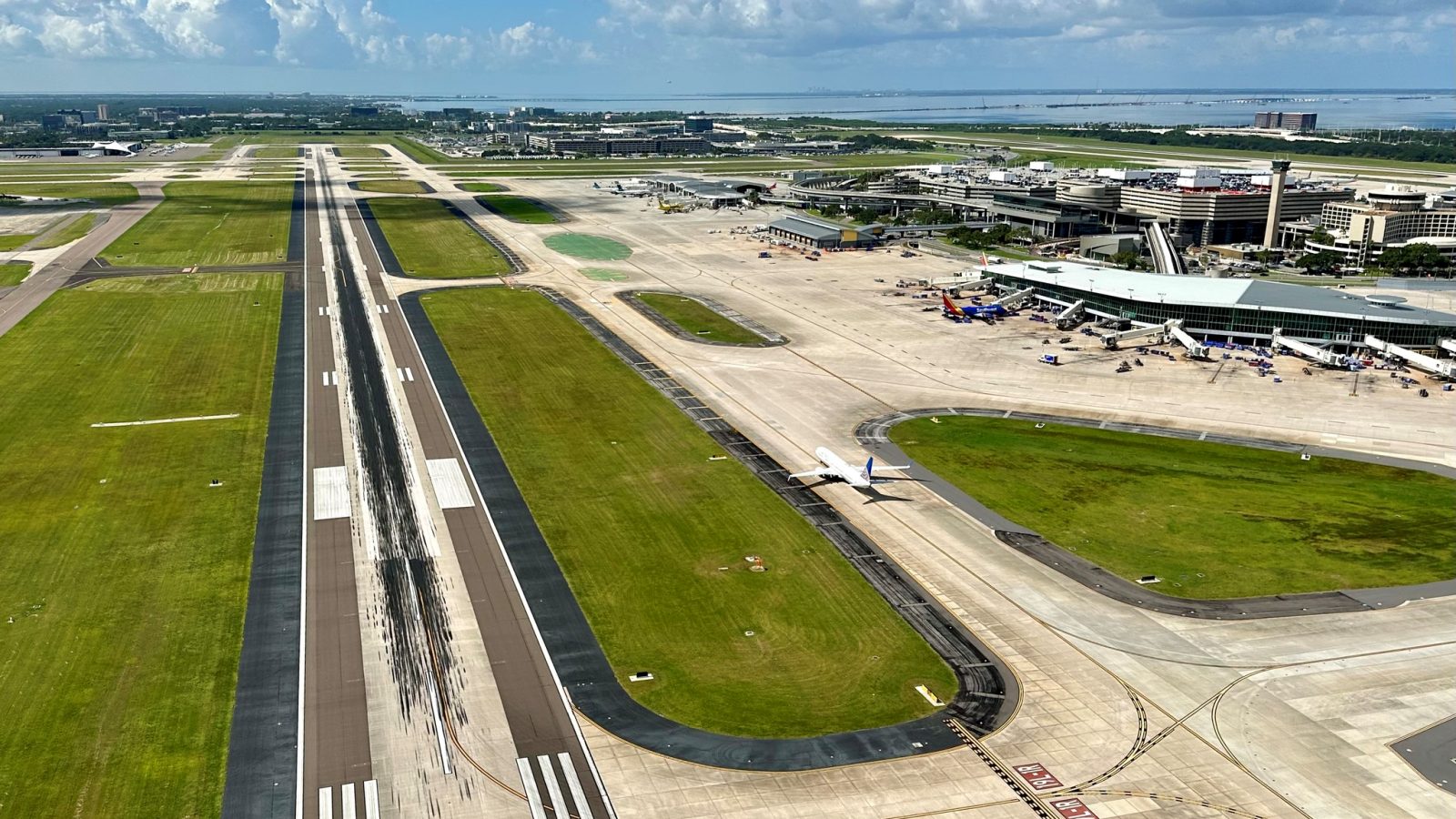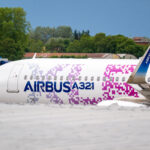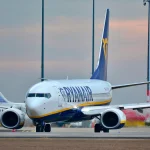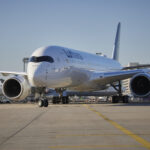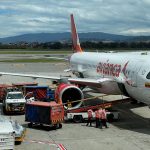GENEVA – The International Air Transport Association (IATA) warned about severe supply chain issues that will continue to impact airline performance in 2025. These problems are increasing operating costs and limiting sector growth, the organization highlighted during the annual press briefing being held today in Geneva, where Aviacionline is in attendance.
See also: Latin American airlines could see USD 1.3 billion in profits by 2025
According to IATA, the average age of the global fleet has reached 14.8 years, the highest level since measurements began in 1990. This figure contrasts with the historical average of 13.6 years for the period 1990-2024, affecting both the operational efficiency of airlines and their efforts to reduce environmental impact.
Aircraft deliveries well below expectations
IATA reported that aircraft deliveries have significantly decreased from the peak of 1,813 units recorded in 2018. For 2024, deliveries are estimated to be 1,254 aircraft, 30% less than initially projected. Although 2025 is expected to see an increase to 1,802 deliveries, the figure remains far below previous expectations, which were around 2,293 aircraft.
The organization also detailed that the backlog of aircraft orders has reached a record 17,000 units. At current delivery rates, it would take 14 years to fulfill these orders, double the six-year average recorded between 2013 and 2019.
Effects on efficiency and costs
Supply chain issues have caused stagnation in fuel efficiency. According to IATA, fuel consumption efficiency in 2024 stood at 0.23 liters per 100 available tonne-kilometers (ATK), marking a setback compared to the annual average growth of 1.5-2.0% observed between 1990 and 2019.
Additionally, high demand for leased aircraft has driven narrow-body leasing rates up by as much as 30% above 2019 levels, further complicating capacity expansion for airlines.
The situation in commercial aviation would be even better if manufacturers resolved production chain issues.
Willie Walsh, IATA Director General, was clear on this point, stating that the industry is dealing with a manufacturer monopoly that… https://t.co/2yJTamdNep pic.twitter.com/9tpD9jbPgp
— Aviacionline.com (@aviacionline) December 10, 2024
Financial and environmental impacts
Willie Walsh, IATA’s Director General, pointed out that supply chain problems are negatively affecting airlines’ revenue, costs, and environmental performance. “Load factors are at record levels, and there’s no doubt that if we had more aircraft, they could be profitably deployed. However, revenues are being compromised. Meanwhile, the aging fleet we’re utilizing incurs higher maintenance costs, consumes more fuel, and requires more capital to remain operational. All of this is happening at a time when airlines need to repair their balance sheets post-pandemic, but progress is being constrained by issues manufacturers need to resolve,” he stated.
Walsh also emphasized that these issues are slowing airlines’ efforts to achieve carbon emissions reduction goals. “The industry is united in its commitment to achieve net-zero carbon emissions by 2050. But in terms of practicality, airlines are bearing the greatest burden. If aircraft and engine manufacturers could resolve their issues and fulfill their promises, we’d have a more fuel-efficient fleet in the air,” he added.
During the Q&A session at Media Day, Walsh further stated that «we have to increase pressure and seek support to enforce commitments,» adding that he is merely relaying what airlines have communicated to him. «If I were running an airline, my patience would have run out long ago,» he concluded.

